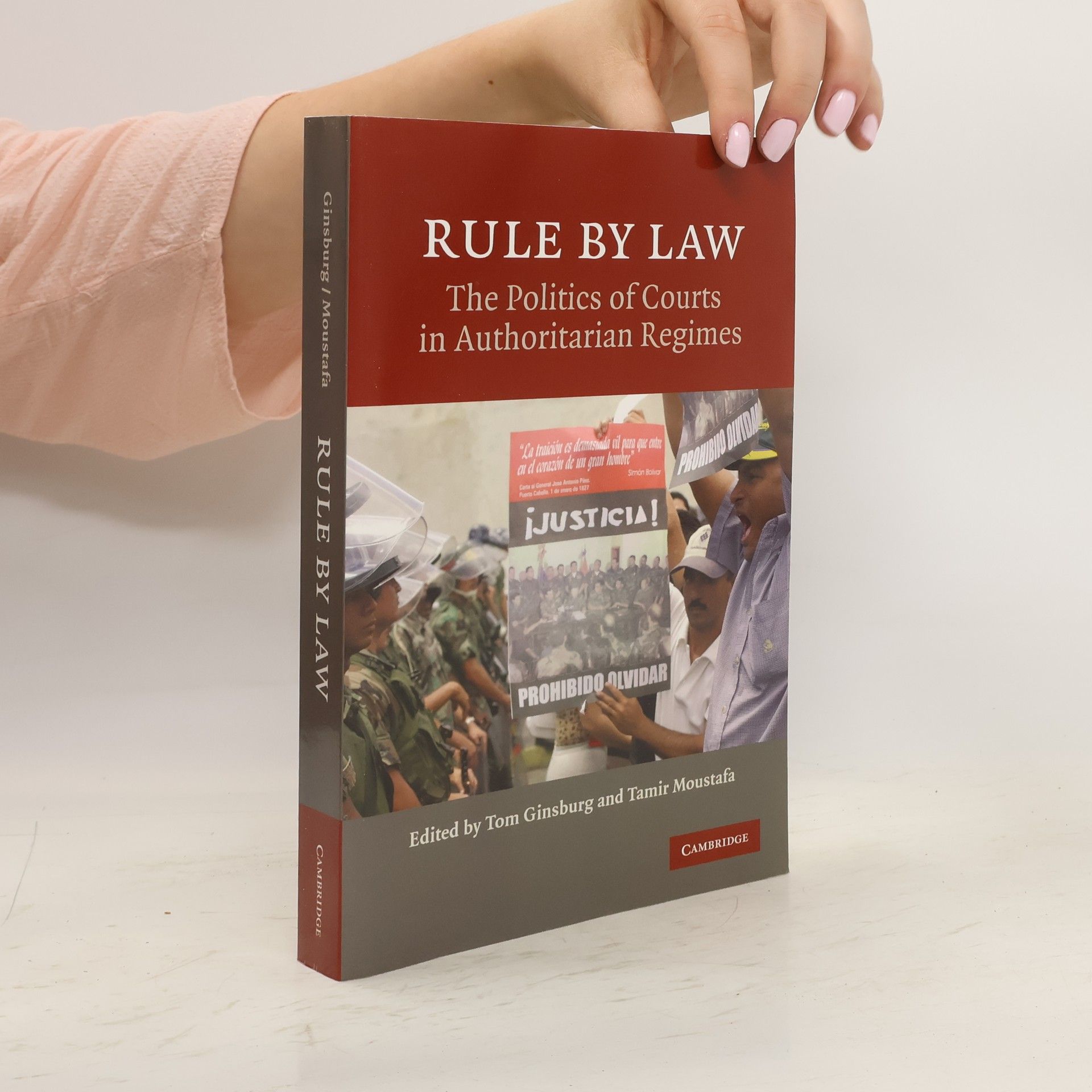Democracies face significant threats as populist leaders rise globally, undermining democratic self-rule. The election of Donald Trump in the U.S. exemplifies this shift, raising concerns about the erosion of democratic norms. The authors argue that while the Constitution provides safeguards, complacency is no longer an option. Drawing on international examples of democratic backsliding, they illustrate how constitutional rules can either support or hinder the decline of democratic institutions. Key elements like checks and balances, a vibrant civil society, and individual rights, such as those in the First Amendment, may not effectively protect against democratic erosion. Instead, the authors suggest that the Constitution's design can inadvertently make decline more probable. Its rigidity has empowered the Supreme Court to interpret laws in ways that may facilitate rights infringements. Even the First Amendment can be weaponized by skilled communicators to degrade public discourse. The authors advocate for proactive measures to enhance laws and constitutional design, aiming to mitigate the risks of democratic decline and improve the resilience of democracies worldwide.
Tom Ginsburg Books
Tom Ginsburg approaches comparative and international law from an interdisciplinary perspective. His scholarship examines how constitutional frameworks shape democratic development and international relations. Through extensive data collection and analysis, he investigates global constitutional trends and legal reforms. Ginsburg's work offers a unique lens into the interconnectedness of law, politics, and society worldwide.



Scholars have generally assumed that courts in authoritarian states are pawns of their regimes, upholding the interests of governing elites and frustrating the efforts of their opponents. As a result, nearly all studies in comparative judicial politics have focused on democratic and democratizing countries. This volume brings together leading scholars in comparative judicial politics to consider the causes and consequences of judicial empowerment in authoritarian states. It demonstrates the wide range of governance tasks that courts perform, as well as the way in which courts can serve as critical sites of contention both among the ruling elite and between regimes and their citizens. Drawing on empirical and theoretical insights from every major region of the world, this volume advances our understanding of judicial politics in authoritarian regimes.
Anyone interested in the future of democracy needs to understand the role of international law in resisting or facilitating authoritarianism. As the balance of power between democracies and authoritarians shifts, it will have consequences for the international legal order.